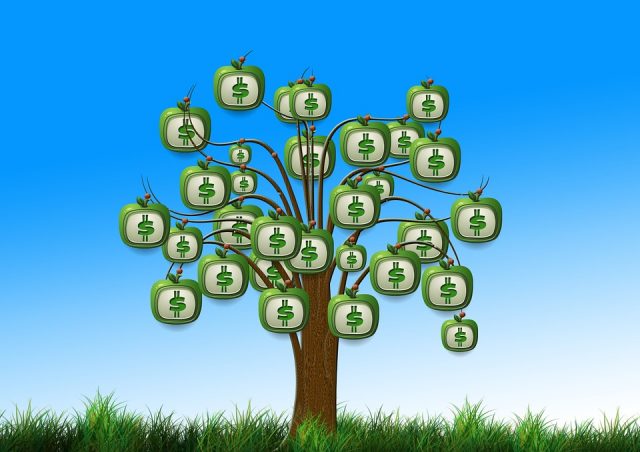Experimenting is the foundation of growth. The greatest minds I’ve ever worked with are the ones who embraced experimentation, fully utilising their ability for negative thinking; something the astronaut Chris Hadfield coined as ‘The power of negative thinking’, where preparation for every scenario means he’s rarely caught off guard. An essential life saving skill for an astronaut and a huge advantage for anyone with goals they want to achieve.
Negative thinking in this regard isn’t about being a victim, it’s not about being consumed by negative thoughts, it’s about turning up prepared.
I realised this advantage at a young age. My parents divorced by the time I was 4 years old and before I was 5 my older brother was no longer living with us. He’d moved to Seattle in the USA to live with our aunt. This was completely unexpected and at 5 I’d lost a brother. How could I have not seen this coming? Could I have prevented it? I felt terribly sad and remember wondering what else could happen to me, it was the first time I realised I wasn’t in control.
At 10 years old, my father wrote a letter to my mother saying he’d also moved to Seattle. Something we didn’t see coming. It was then I knew I needed to gain more control in my life. I was only ten but knew I didn’t want life changing events to appear from nowhere. I needed to prepare and open my mind to the negative.
“We need to choose the life we lead not take the one chosen for us by society, friends or family”
After this, I prepared for everything. For example, at 12 years old I studied everything I could about car safety at my local library (in case things went wrong and I could help my mother at the roadside). To this day, I never drive anywhere without a torch or waterproof clothing in the car (there is always the possibility of a breakdown in the rain here in the UK).
A more recent example is my first son, he exists because of IVF. My wife and I studied hard before going on the IVF journey, looking at successful outcomes and unsuccessful ones. What were the commonalities? Should we rely purely on science? What about Chinese medicine and homeopathy?
We carefully planned for a successful outcome by mapping the negative ones too, opening our minds to all the possibilities. Diet, acupuncture, exercise, meditation, and particular supplements were all a huge part of our journey, and in place due to our open minds and realisation that science is a helper, and not the only answer.
We visualised failure and visualised success, exploring the journey for both. On our second attempt we were successful and have the most wonderful son we could ever imagine. Opening our minds to the many negative and positive scenarios, we had figured out what to do based on our own health and make up. The power of negative thinking, married with science, played a huge part in our becoming parents.
In my current role leading quality teams at Unity3D, I find myself mapping every possibility for the challenges we face. I’m scenario planning and constantly embracing negative thinking to prepare for all outcomes.
If you’re involved in software creation, the power of negative thinking and embracing negative outcomes will go a long way to you achieving greater craftsmanship resulting in faster, higher quality releases.
It sounds obvious, yet many people are not doing this and when it comes to software development, if you aren’t then you’re on a difficult journey, especially with services lighting up all around us.
Not everyone believes in this mindset, not surprising given we’re mostly conditioned to only visualise success. My hope is that by reading this you’ll start visualising failure as well as success. I’m not saying plan for failure (that rarely achieves the right outcomes), I’m saying embrace visualising failure as part of your toolbox.
If you don’t already, then why not embrace the power of negative thinking in your life? Positive thinking is an essential part of being human and has been well documented for decades. Just don’t forget that picturing all outcomes to steer towards success is the balance. You’re more likely to achieve what you want in life if you turn up prepared.
This is an updated and improved version of my first Linkedin article.
Written listening to Atom Heart Mother – Pink Floyd



